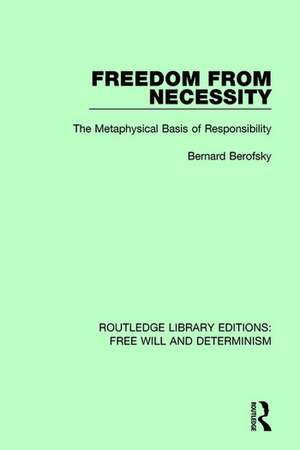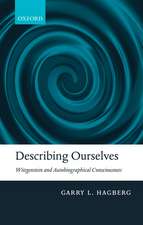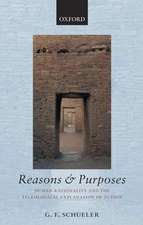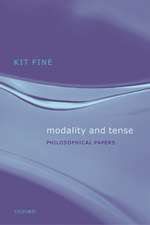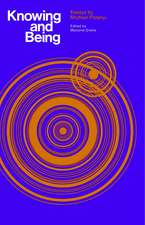Freedom from Necessity: The Metaphysical Basis of Responsibility: Routledge Library Editions: Free Will and Determinism
Autor Bernard Berofskyen Limba Engleză Paperback – 11 dec 2018
| Toate formatele și edițiile | Preț | Express |
|---|---|---|
| Paperback (1) | 244.94 lei 6-8 săpt. | |
| Taylor & Francis – 11 dec 2018 | 244.94 lei 6-8 săpt. | |
| Hardback (1) | 473.94 lei 6-8 săpt. | |
| Taylor & Francis – 6 iun 2017 | 473.94 lei 6-8 săpt. |
Din seria Routledge Library Editions: Free Will and Determinism
- 34%
 Preț: 3492.06 lei
Preț: 3492.06 lei -
 Preț: 323.23 lei
Preț: 323.23 lei -
 Preț: 316.91 lei
Preț: 316.91 lei -
 Preț: 323.23 lei
Preț: 323.23 lei -
 Preț: 315.02 lei
Preț: 315.02 lei -
 Preț: 349.80 lei
Preț: 349.80 lei -
 Preț: 323.23 lei
Preț: 323.23 lei -
 Preț: 349.80 lei
Preț: 349.80 lei -
 Preț: 349.80 lei
Preț: 349.80 lei -
 Preț: 323.23 lei
Preț: 323.23 lei
Preț: 244.94 lei
Nou
Puncte Express: 367
Preț estimativ în valută:
46.88€ • 50.94$ • 39.41£
46.88€ • 50.94$ • 39.41£
Carte tipărită la comandă
Livrare economică 21 aprilie-05 mai
Preluare comenzi: 021 569.72.76
Specificații
ISBN-13: 9781138704862
ISBN-10: 1138704865
Pagini: 242
Dimensiuni: 156 x 234 x 13 mm
Greutate: 0.45 kg
Ediția:1
Editura: Taylor & Francis
Colecția Routledge
Seria Routledge Library Editions: Free Will and Determinism
Locul publicării:Oxford, United Kingdom
ISBN-10: 1138704865
Pagini: 242
Dimensiuni: 156 x 234 x 13 mm
Greutate: 0.45 kg
Ediția:1
Editura: Taylor & Francis
Colecția Routledge
Seria Routledge Library Editions: Free Will and Determinism
Locul publicării:Oxford, United Kingdom
Cuprins
1. Introduction 2. The Concept of Moral Responsibility 3. Causal and Moral Responsibility 4. Intention and Moral Responsibility 5. Addiction 6. Power 7. Contingent Responsibility 8. Laws As Necessary Truths 9. The Regularity Theory of Laws 10. Autonomy 11. Responsibility and Psychological Theory
Descriere
This book, first published in 1987, is about the classic free will problem, construed in terms of the implications of moral responsibility. The principal thesis is that the core issue is metaphysical: can scientific laws postulate objectively necessary connections between an action and its causal antecedents? The author concludes they cannot.
